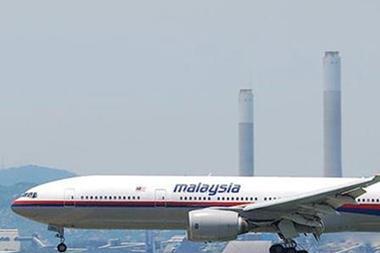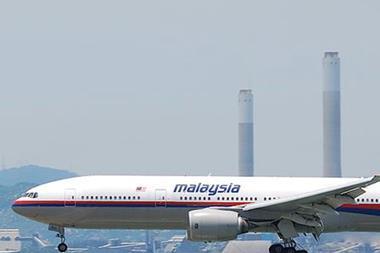Hans-Joerg Schill, managing director of Fraport’s in-house broker Airport Assekuranz Vermittlungs-GmbH, describes the huge challenges facing the aviation sector
The risks for the aviation sector are vast – changes in the economy, climate change and natural catastrophes, as well as technological advances – all pose risks to the sector. And managing them is a challenge.
The biggest concern for us is around the economy and the potential of significant loss in customers. Some 70% of our business is with Lufthansa and Star Alliance. If the financial crisis worsens this could impact on our business with them in particular.
It is difficult to manage the risks associated with the economy. Generally, responsibility lies with the CEO and other board members rather than the risk manager or in-house broker. But the CEO and CFO will usually look for alternatives in their portfolio. Expanding foreign activities, for example, would be one way of reducing the impact of any financial crisis, meaning that the business is not dependent on revenue from one source. We run many airports worldwide and a big part of our earnings is from overseas business so we are not dependent on only one source of income.
Another risk is if natural catastrophes force authorities to close airports. Earthquakes are a major issue for us. I handle two airports that are prone to earthquakes including Antalya in Turkey, and Lima in Peru. The biggest task is ensuring that we have sufficient cover, but at the moment the premium for natural catastrophe insurance is rising and insurers place limits on the amount that they will insure. Generally, lenders contracts, particularly around natural catastrophe coverage, stipulate that a business must insure the whole value – buildings as well as business interruption. If, for example, the total value is €500 million, then insurers reduce their capacity to €300 million or €250 million. Terrorist attacks with nuclear bombs could also cause significant financial loss because generally insurance will only cover €1.5 billion.
There are other risks that we are mindful of that could significantly impact upon our business. Cyber insurance products are improving, but the question over whether this is significant remains.
It is indeed a challenge to mitigate these risks, which is why it is paramount to have good communications across the board – not just with in-house departments but also with your insurers and brokers. We keep in contact with all departments so that they are up to speed with our risk prevention strategy, but also to ensure that relevant figures and detail around our risk mitigation plans are accurately communicated to insurers.




















No comments yet